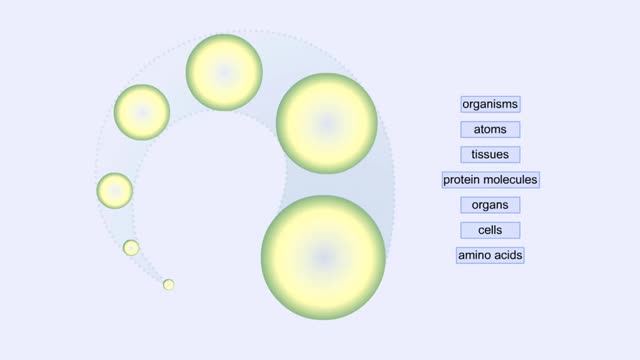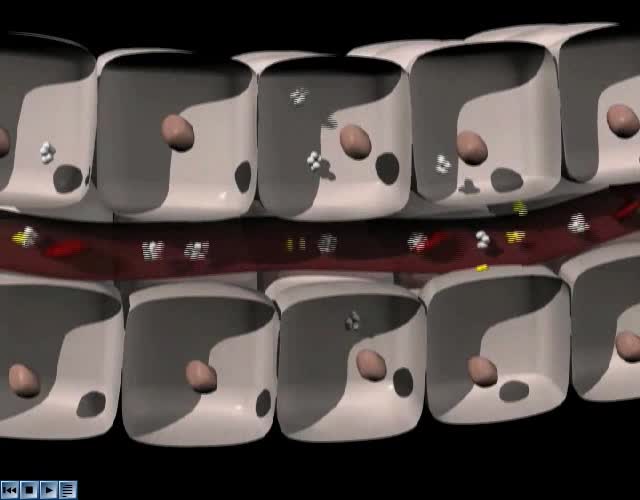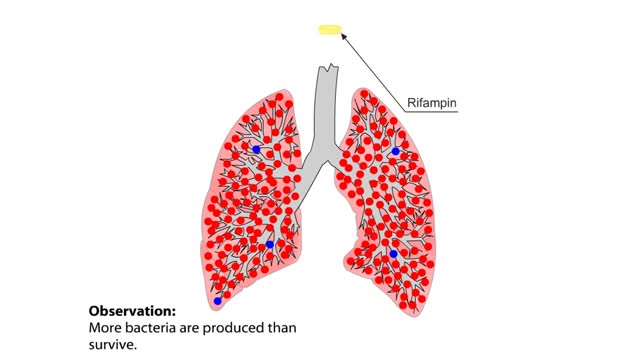Search Results
Results for: 'childhood ear infections'
Cell mediated immune response to a viral infection Animation
By: HWC, Views: 6896
Intracellular pathogens are the targets of cell-mediated immune response. The process begins when a virus infects a macrophage. Another macrophage engulfs the same virus or an antigen from it. In both cells, enzymes cleave the viral antigens into small bits. The fragments move to the cell sur...
By: Administrator, Views: 374
Gonorrhea, colloquially known as the clap, is a sexually transmitted infection (STI) caused by the bacterium Neisseria gonorrhoeae. Infection may involve the genitals, mouth, or rectum. Infected men may experience pain or burning with urination, discharge from the penis, or testicular pain. Infec...
By: Administrator, Views: 14286
Autism is a developmental disorder characterized by difficulties with social interaction and communication, and by restricted and repetitive behavior. Parents usually notice signs during the first three years of their child's life. These signs often develop gradually, though some children with au...
Proteins Defined, Hierarchy & Composition of Cells
By: HWC, Views: 10436
Proteins are long chains of amino acids linked together by peptide bonds. Together with the other three biological macromolecules—carbohydrates, lipids, and nucleic acids—proteins are the building blocks of cells. Proteins are the most complex and abundant biological macromolecules in cel...
By: Administrator, Views: 15301
Hypoglycemia, also known as low blood sugar, is when blood sugar decreases to below normal levels. This may result in a variety of symptoms including clumsiness, trouble talking, confusion, loss of consciousness, seizures or death. A feeling of hunger, sweating, shakiness and weakness may also be...
Interview with Person who has Schizophrenia
By: Administrator, Views: 14600
Schizophrenia is a mental disorder characterized by abnormal behavior, strange speech, and a decreased ability to understand reality. Other symptoms include false beliefs, unclear or confused thinking, hearing voices that do not exist, reduced social engagement and emotional expression, and lack ...
By: Administrator, Views: 14143
Bipolar disorder, previously known as manic depression, is a mental disorder that causes periods of depression and periods of abnormally elevated mood. The elevated mood is significant and is known as mania or hypomania, depending on its severity, or whether symptoms of psychosis are present. Dur...
Mycobacterium tuberculosis: Drug Resistance and Natural Selection
By: HWC, Views: 9722
The evolution of drug resistance in microorganisms, such as M. tuberculosis, that cause human diseases is of particular concern to biologists. When Mycobacterium tuberculosis infects the lungs of humans, it causes the disease tuberculosis, also called TB. Once infected, the lungs act as a new...
By: Administrator, Views: 14064
Epilepsy is a group of neurological disorders characterized by epileptic seizures. Epileptic seizures are episodes that can vary from brief and nearly undetectable periods to long periods of vigorous shaking. These episodes can result in physical injuries, including occasionally broken bones. In ...
Advertisement











